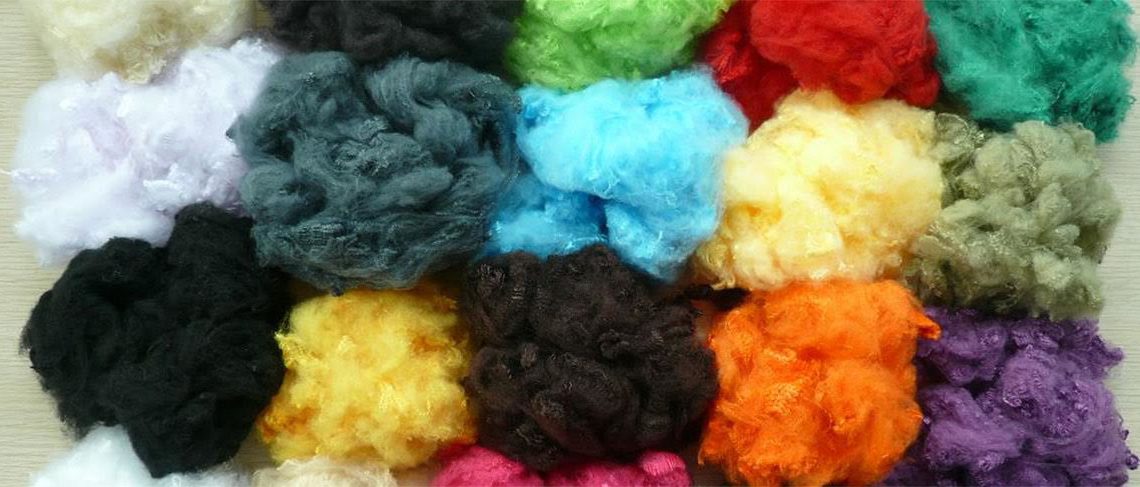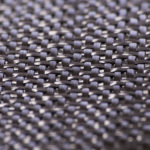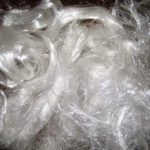
Fiber or fibre (from the Latin fibra) is a natural or synthetic substance that is significantly longer than it is wide. Fibers are often used in the manufacture of other materials. The strongest engineering materials often incorporate fibers, for example carbon fiber and ultra-high-molecular-weight polyethylene.
Synthetic fibers can often be produced very cheaply and in large amounts compared to natural fibers, but for clothing natural fibers can give some benefits, such as comfort, over their synthetic counterparts. Some of the fibers that are used in the textile industry are
- Vegetable fibers are generally based on arrangements of cellulose, often with lignin: examples include cotton, hemp, jute, flax, ramie, sisal, bagasse, and banana.
- Wood fiber, distinguished from vegetable fiber, is from tree sources.
- Animal fibers consist largely of particular proteins. Instances are silkworm silk, spider silk, sinew, catgut, wool, sea silk and hair such as cashmere wool, mohair and angora, fur such as sheepskin, rabbit, mink, fox, beaver
Man-made fibers
Man-made or chemical fibers are fibers whose chemical composition, structure, and properties are significantly modified during the manufacturing process. Man-made fibers consist of regenerated fibers and synthetic fibers.
Cellulose regenerated fibers
Cellulose fibers are a subset of man-made fibers, regenerated from natural cellulose. Examples include rayon, bamboo fiber & Lyocell, a brand of rayon.
Synthetic Fibers
Synthetic come entirely from synthetic materials such as petrochemicals, unlike those man-made fibers derived from such natural substances as cellulose or protein. Some of the synthetic fibers include Fiber Glass, Metallic, Carbon Fiber, Mineral Fibers, Micro Fibers & Polymer Fibers.
Please contact Globe Thread Canada by providing all your requirements in the contact form.





